Disease Control Priorities
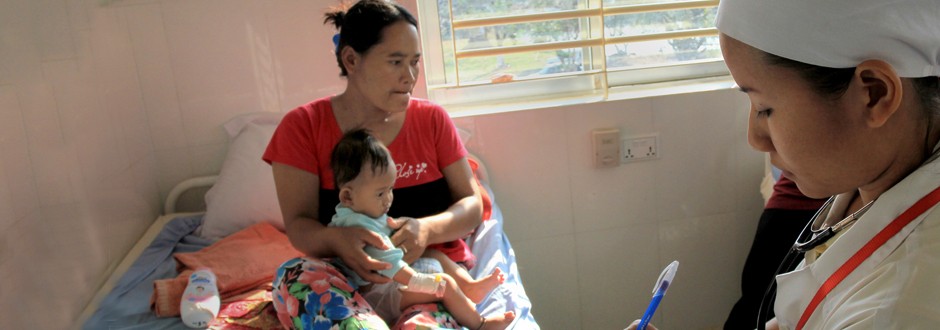
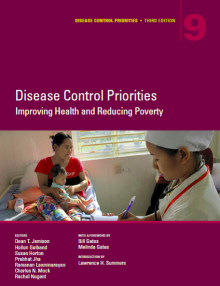
"In important and useful ways, this third edition of Disease Control Priorities further widens the frame for discussion of health policies and priorities, innovatively addressing the different needs of countries at different stages in the development of their health systems. This edition maps out pathways—essential packages of related, cost-effective interventions—that countries can consider to speed their progress toward universal health coverage."
News and Events
Volume Editors
To obtain copies of Disease Control Priorities, Volume 9:

Download the entire volume from The World Bank
Purchase copies of the volume from Amazon
Volume citation: Jamison, D.T., H. Gelband, S. Horton, P. Jha, R. Laxminarayan, C.N. Mock, and R. Nugent, editors. 2018. Disease Control Priorities: Improving Health and Reducing Poverty. Volume 9, Disease Control Priorities (third edition). Washington, DC: World Bank.


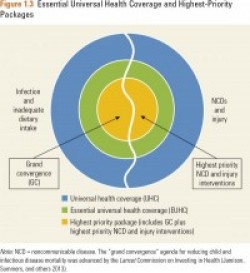
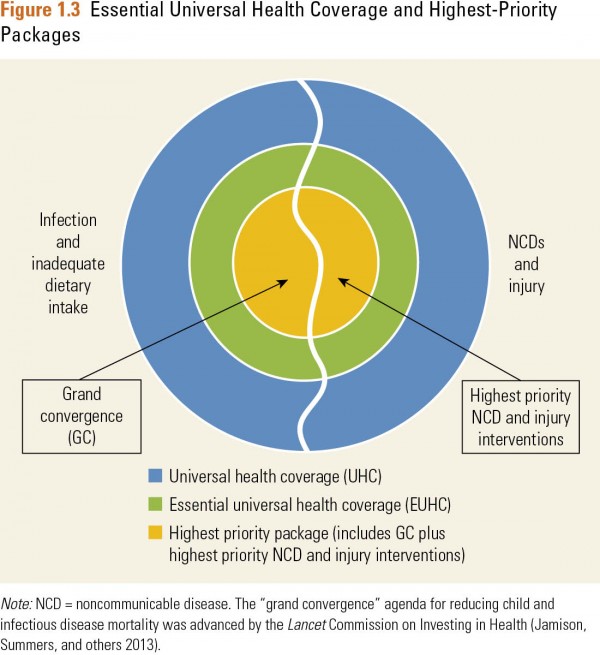





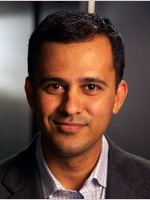



Lancet Article on UHC
Published online 24 November, 2017
Introduction:
The World Bank is publishing nine volumes of Disease Control Priorities, 3rd Edition (DCP3) between 2015 and 2018. Volume 9, Improving Health and Reducing Poverty, summarizes the main messages from all the volumes and contains cross-cutting analyses.
Read more
Health Aid 2002-2014
Source: Organisation for Economic Co-operation and Development Creditor Reporting System, gross disbursements in constant prices (sector codes 120 and 130) and imputed multilateral contributions to the health sector. Development Assistance Committee Secretariat estimates (as of January 2016).